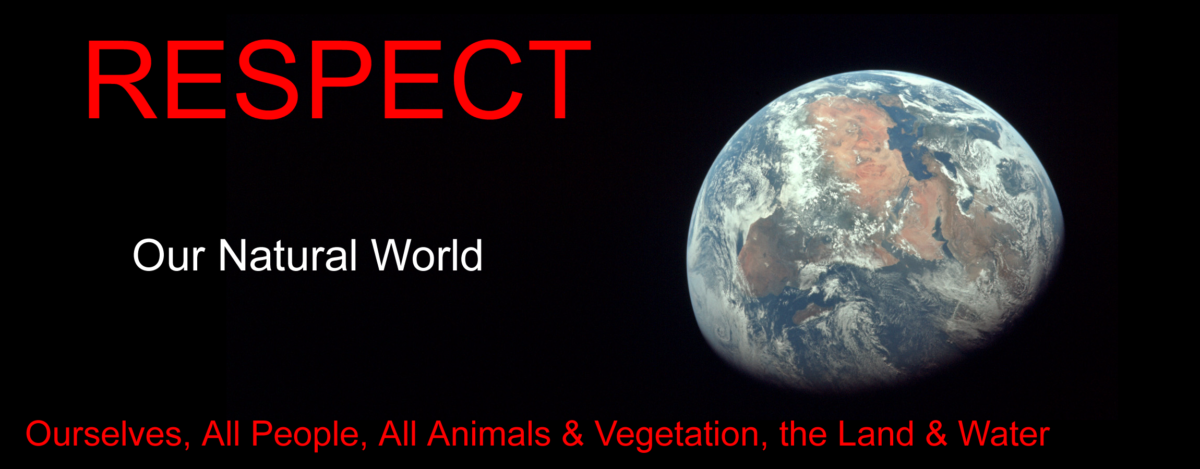Australian Federal Elections – 20 days to go and I still have no-one I am prepared to vote for.
Every House of Representative candidate in my division is standing for a political party. They are only there to represent the interest of their party.
The offerings from the parties, particularly those that may win, is to shower the voters with cash and other trinkets, increasing the Australian debt, just to gain the win for the party and its faithful. Meanwhile the 4 year term they win will be spent paying for the cash & trinkets they dish out.
And the important issues of Government, well those issues are complex and involved – we will see if we get to them. Maybe in time for next election.
Whilst we do not have policies that will take our Country to a better place, just cash and trinkets, we want your vote as the better option of who is in the running.
I AM SICK OF THE MINDGAMES THEY PLAY
If no-one is offering a path forward to lead our Country to a better place – then no-one gets my vote. I will not accept the best of a bad bunch.
From the Australian Electoral Commission website ” Your vote will help shape Australia” – This is not the Australia I want to support.
STOP the mindgames – where are our leaders????????????




